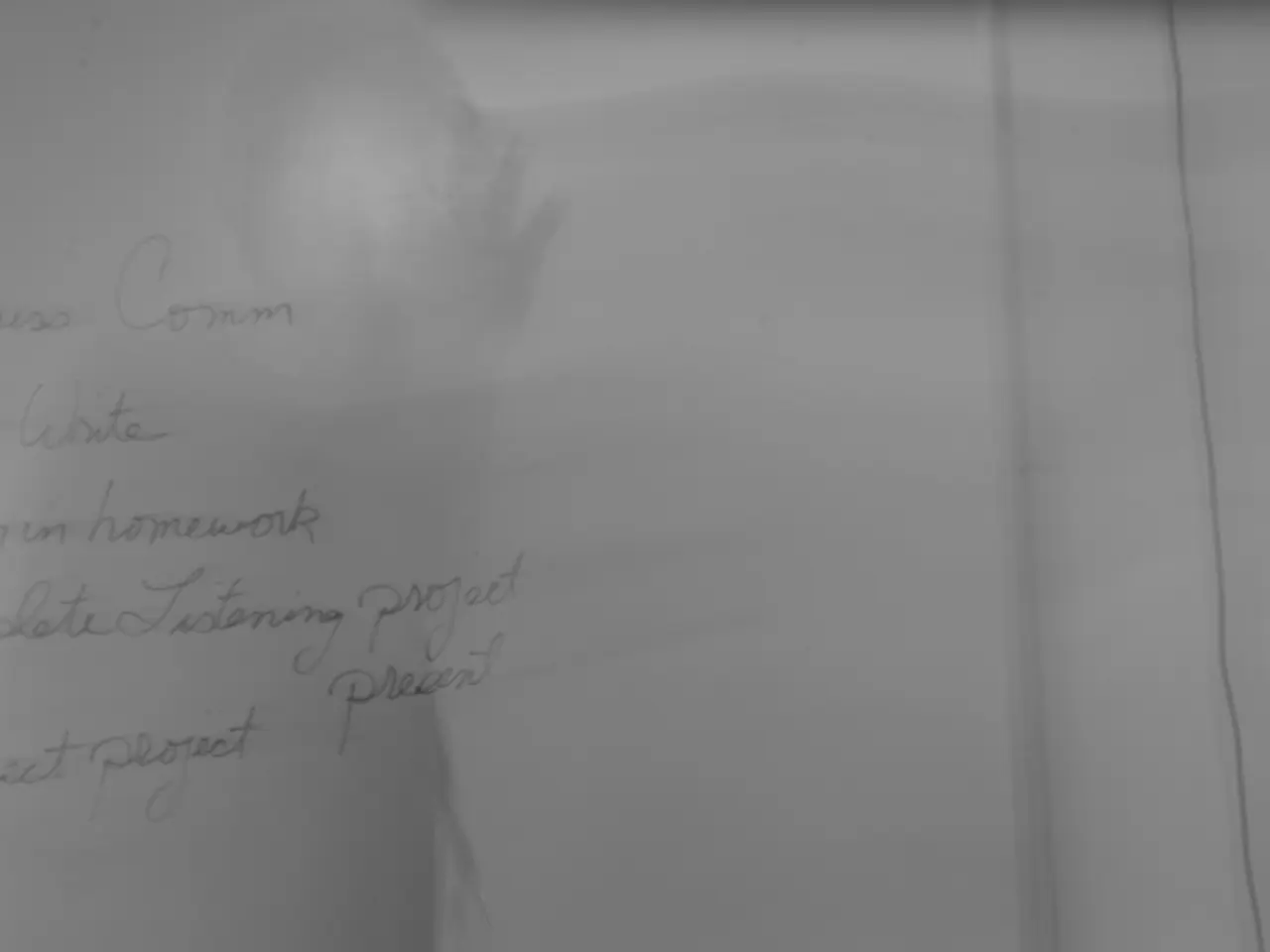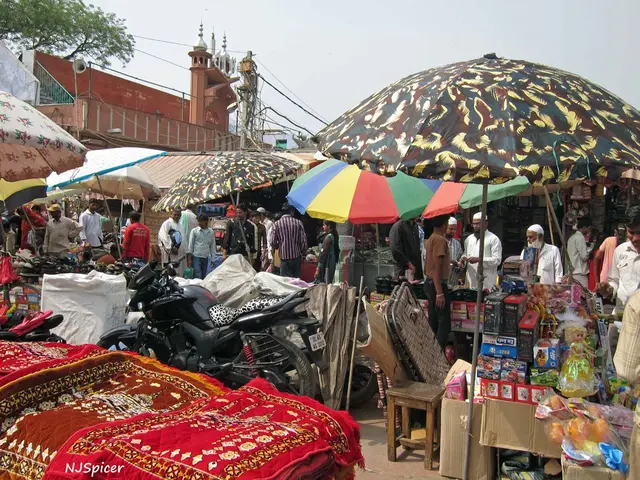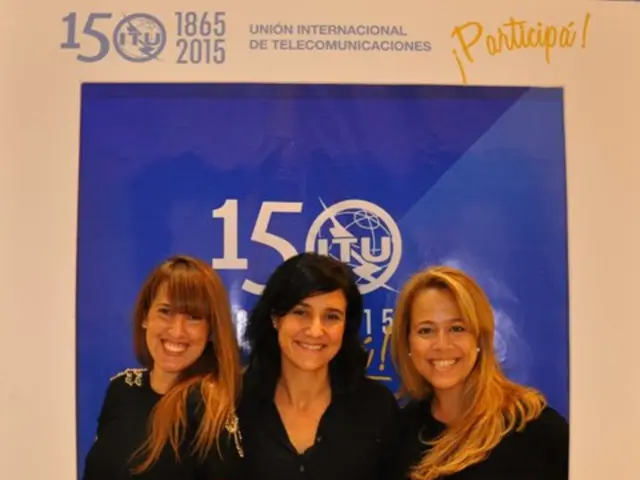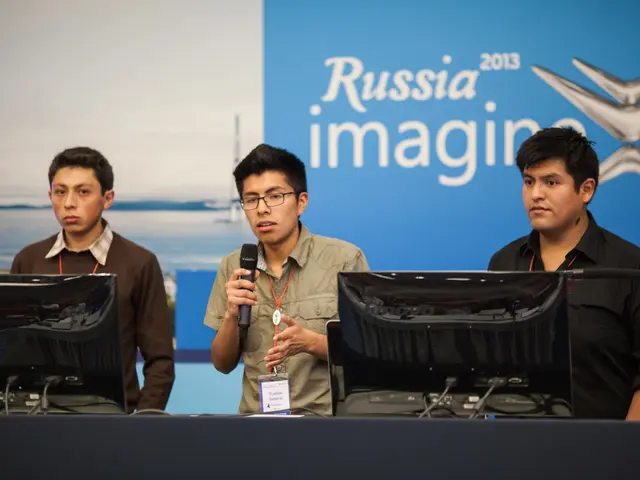Advancements and Progressions
In the realm of Brazil's burgeoning betting market, recent developments have raised questions about the impact of new restrictions on influencer advertising. The Brazilian Senate approved these restrictions in May 2023, aiming to curb the influence of gambling promotions. However, the implications of these restrictions are far-reaching.
Reduced Market Growth and Consumer Reach
Influencers play a crucial role in promoting gambling brands, reaching demographics that are less accessible through traditional advertising methods. Overly strict limits on influencers' ability to advertise could hinder awareness and customer acquisition for licensed operators, potentially stunting the growth of the regulated market.
Fragmented Industry Representation and Advocacy Challenges
The gambling sector in Brazil suffers from a lack of cohesive representation, which weakens its ability to collectively resist or shape restrictive advertising legislation. Excessive influencer ad restrictions could exacerbate this fragmentation, reducing stakeholders’ shared incentives and messaging power, potentially leading to harsher or more blanket regulations.
Shift to Unregulated or Offshore Channels
When legal advertising avenues become too restricted, operators and affiliates might shift promotion efforts to unregulated or offshore platforms. This undermines consumer protections inherent in the regulated market and reduces government oversight and tax revenues.
Economic Impact on Influencers and Related Industries
Influencers who rely on gambling advertising for revenue would face diminished opportunities, potentially driving some out of the market or forcing them to promote less regulated or riskier products. This economic ripple effect could also impact content platforms and marketing agencies connected to gambling promotions.
Potential Legal Confusion and Compliance Costs
Complex or severe restrictions can increase the regulatory burden on influencers and operators, raising compliance costs and legal risks. This might deter smaller operators and influencers from participating fully in the regulated market, restricting competition and innovation.
While protecting consumers—especially minors—and promoting responsible gambling are valid goals behind such restrictions, excessive limitations on influencers advertising legal gambling in Brazil risk reducing market growth, encouraging unregulated activity, fracturing industry advocacy, harming influencer incomes, and increasing compliance complexity. The balance between regulation and promotion will be crucial for the sector’s healthy development.
The role of influencers in gambling marketing has been a central issue for Brazil's Parliamentary Inquiry Commission (CPI). The CPI's final report, led by rapporteur Soraya Thronicke, recommended indictments against high-profile Brazilian influencers Virgínia Fonseca and Deolane Bezerra for alleged fraud and participation in illegal gambling schemes. However, these indictments were ultimately rejected, and the report itself failed to pass.
The future of Brazil's betting sector may depend on the next phase of regulatory development, as overly rigid controls could push consumers further into the shadows. A study by the Brazilian Institute of Responsible Gaming indicates that 78% of Brazilians have difficulty distinguishing between legal and illegal betting sites. Clear, regulated communication, including responsible influencer engagement, is needed to educate consumers about legal betting platforms.
The CPI's findings prompted debates over consumer protection, advertising ethics, and the line between legal and illegal gambling promotion. In June 2023, Lucimério Barros Campos, the police chief of Alagoas state, accused influencer ads of misleading the public. As the betting market in Brazil continues to evolve, it is essential to strike a balance between regulation and market growth to ensure a sustainable and responsible industry.
[1] - Source 1 [3] - Source 3 [5] - Source 5
online casino operators may find it challenging to expand their customer base due to the restrictions on influencer advertising, potentially limiting the growth of the regulated market
In the Brazilian gambling industry, excessive influencer ad restrictions could worsen the absence of cohesive representation, making it more difficult to protect the interests of stakeholders and encourage fair regulations.




